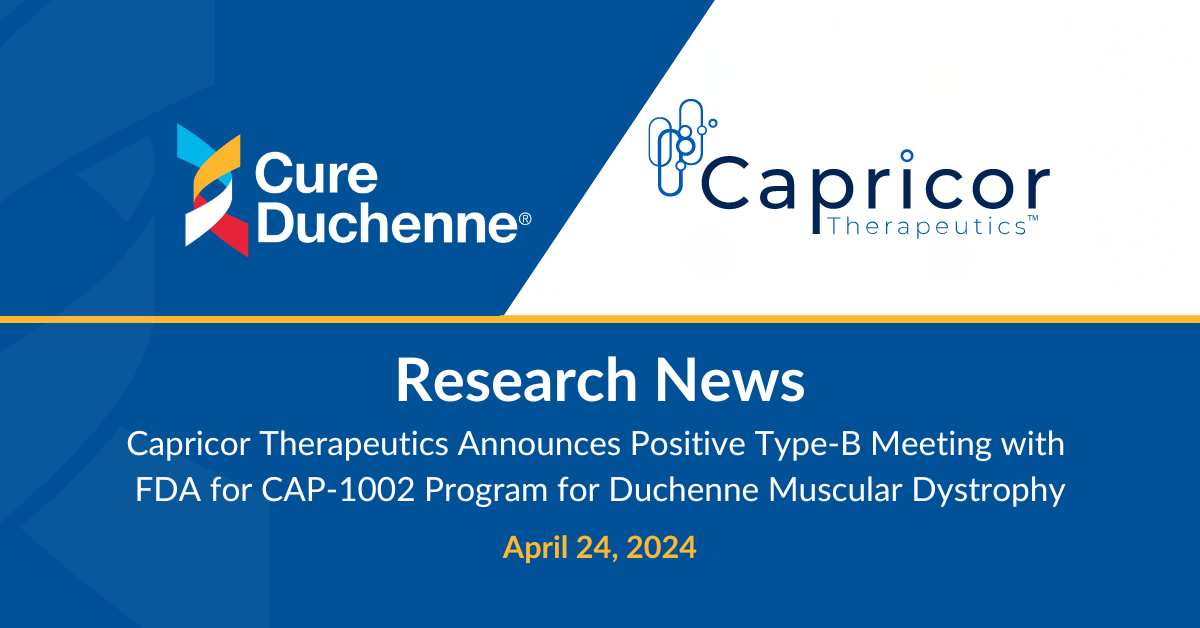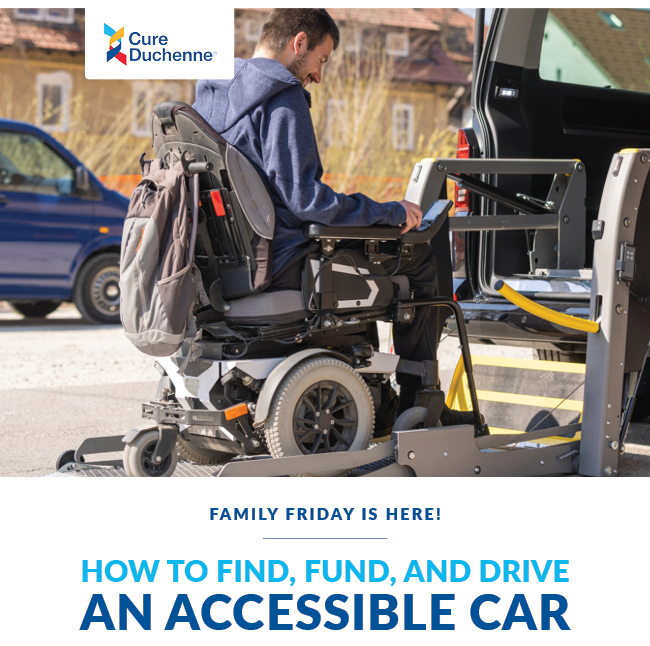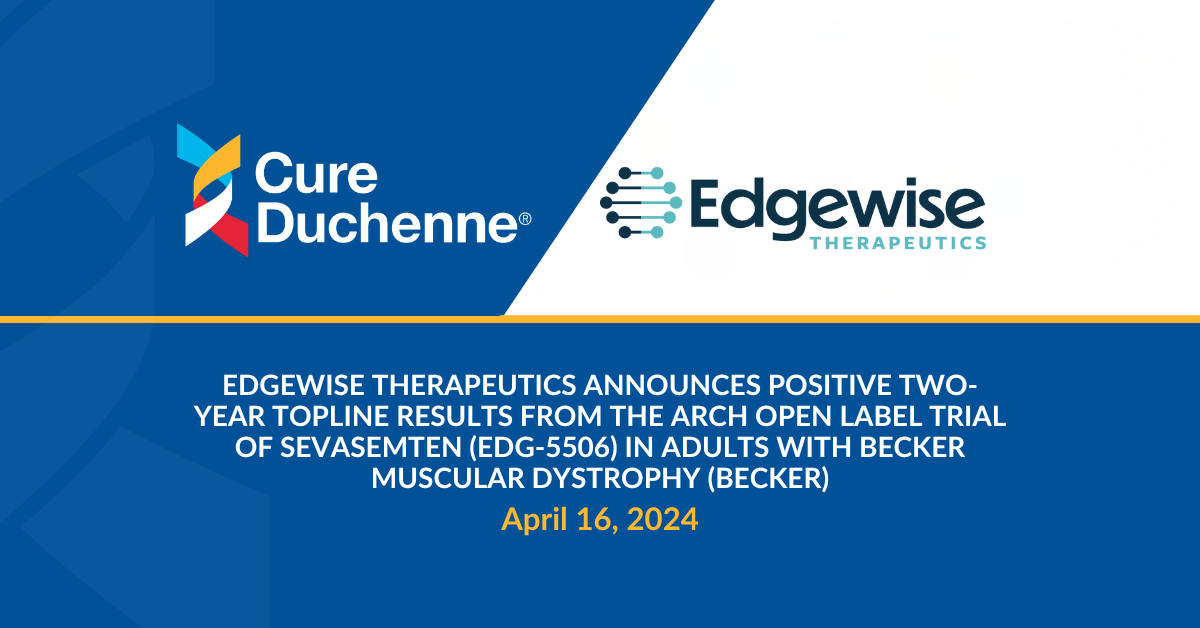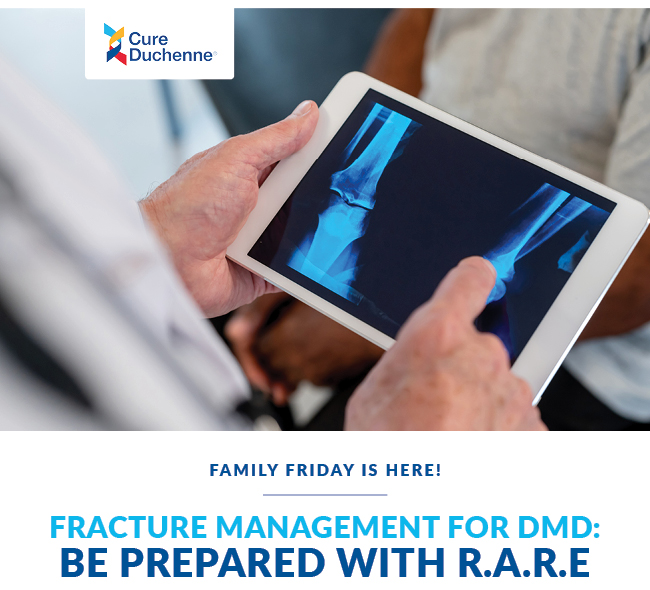Spotlight on Sandi Preston, PT, CureDuchenne Cares Certified Physical Therapist
Understanding a patient’s motivation for treatment is the key for a physical therapist to empower that patient for the best outcome. For a patient with Duchenne muscular dystrophy, a terminal disease that deteriorates muscle tissue, this empowerment can be the difference between more cherished ambulatory time or losing their drive for therapy altogether.
In working with Duchenne patients over her 30-year physical therapy career, Sandi Preston has learned the importance of listening to her patients and truly hearing what inspires them. This knowledge helps her guide their therapy and maintain their enthusiasm as much as possible.
Sandi knows a bit about motivation during physical treatment. She was born with feet alignment issues that required physical therapy in order to walk better. Later on, with the encouragement of her mother, she observed physical therapists treating patients — doing for others what they at one time did for her. She saw how much a physical therapist enhances their patient’s life and decided then that she wanted to spend her life helping others improve their lives.
With a rural New York practice, she rarely sees Duchenne patients but wanted to provide them with the best care possible. There is currently no cure for Duchenne, and physical therapy is one of the primary treatment options.
After an experience with a later stage Duchenne patient, Sandi realized her knowledge base needed to go beyond the therapy to include helping patients acquire the resources they need. She enrolled in the CureDuchenne Cares Physical Therapist certification program to learn how to better discern the subtle symptoms of Duchenne that can alert a therapist as to when it’s necessary to act, treat, or order medical equipment quickly.
“As an acute care physical therapist, being able to see improvement and progress every day is incredibly rewarding,” explains Sandi. “For Duchenne patients, I want to help them be motivated to continue their therapy and stay active for as long as possible. I want to help them fight past their condition.”
Jennifer Wallace, founder of the Duchenne Therapy Network, developed the CureDuchenne Cares Physical Therapy Certification program in conjunction with CureDuchenne after years of extensive work with Duchenne patients. It is a critical component of the comprehensive CureDuchenne Cares program. The program trains physical therapists on the most current standards of care. Skills are maintained through ongoing training and testing and they learn how to navigate the healthcare system. The training also provides PT’s with a network of peers who can provide counsel and share treatment best practices.
The CureDuchenne Cares Physical Therapy program taught Sandi how to better navigate the complicated insurance request processes for medical equipment, and how to empower Duchenne patients by giving them the platform to direct what they want from their treatment.
“Before the certification program, I had a Duchenne patient who did not have access to a sit-stand wheelchair due to insurance issues. He felt he was ‘reaching for the stars’ trying to obtain one and it broke my heart,” shares Sandi. “I swore I would do everything in my power to ensure that no other Duchenne patient felt that necessary equipment was out of their reach.”
The certification gave Sandi the education to more effectively plan ahead, which is particularly important for Duchenne patients because accessing medical equipment, such as a sit-stand wheelchair, can be a lengthy process. She gained a deeper understanding of recent scientific studies and became not only a stronger, more viable resource for Duchenne parents, but to other physical therapists as well.
Sandi also learned to soften her approach and empower vulnerable Duchenne children. A child with Duchenne will often times feel out of control with their own life due to a fatal diagnosis coupled with a schedule overcrowded with doctors appointments. Having little control over how they spend their childhood can frequently cause a drop in motivation for therapy.
 Always innovative and never one to shy away from a challenge, Sandi allowed her current Duchenne patient to choose horse riding sessions, known as Hippotherapy, as part of his treatment plan. The power she gave him converted his typical aversion to therapy sessions into an outpouring of excitement and eagerness to complete his exercises. Not only has this increased his ambulatory time but it has allowed him to have some fun. During his Hippotherapy sessions, the young Duchenne boy now exclaims, “This most fun I’ve had since I don’t know when!”
Always innovative and never one to shy away from a challenge, Sandi allowed her current Duchenne patient to choose horse riding sessions, known as Hippotherapy, as part of his treatment plan. The power she gave him converted his typical aversion to therapy sessions into an outpouring of excitement and eagerness to complete his exercises. Not only has this increased his ambulatory time but it has allowed him to have some fun. During his Hippotherapy sessions, the young Duchenne boy now exclaims, “This most fun I’ve had since I don’t know when!”
“Through the CureDuchenne Cares program, I learned the importance of listening to my patients just a little bit more. Now I let the child drive the treatment because nobody knows what he’s going through except for him,” Sandi explains. “If this is what he wants to do, I’ll always find a way to do that and let each Duchenne child set their treatment goals.”
If you are a physical therapist and are interested in learning more about the CureDuchenne Cares Physical Therapy certification program and its benefits, click here.
Are you looking for a physical therapist who is specially trained to care for your loved one with Duchenne? Check out the listings of CureDuchenne Cares Certified PTs across the nation here.




